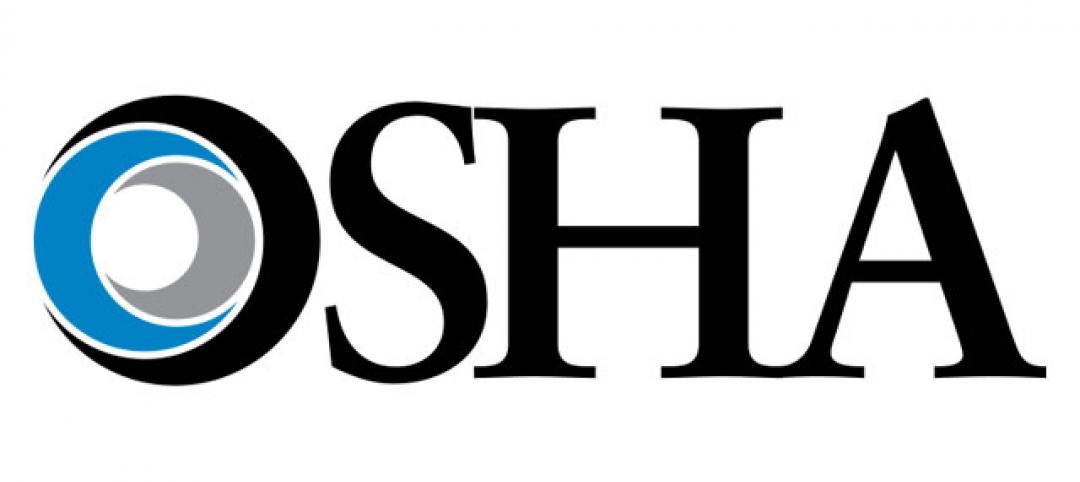The Fenestration and Glazing Industry Alliance (FGIA) updated a document serving a recommended practice for determining test methodology for laboratory and field testing of exterior wall systems.
The document pertains to products covered by an AAMA standard such as curtain walls, storefronts, window walls, and sloped glazing. AAMA 501-24, Methods of Test for Exterior Walls was last updated in 2015. The mandatory and optional test methods outlined in the document are used to evaluate the performance of a complete system and shall not take the place of structural calculations and/or accepted engineering practice.
Test methods, specifications, field tests, and checks referenced in this document are used to check the structural adequacy of wall system test specimens and their ability to resist water penetration and air leakage. Also referenced are optional tests for thermal cycling, inter-story displacement, static and dynamic seismic racking, acoustical performance, and thermal performance, some of which require additional test specimens.
“The document had a very thorough review and revision performed to clarify how it could be used for a variety of purposes which had been outside of the limited scope of previous editions,” said Rich Rinka, FGIA technical manager, Fenestration Standards and U.S. Industry Affairs. “To help make the document a little easier to use, the tests have been placed into a table that provides a logical sequence for the testing to be conducted and highlights required tests and optional tests.”
Related Stories
| Dec 12, 2011
Philadelphia Mayor Signs Order for Project Labor Agreements
Philadelphia Mayor Michael Nutter signed an executive order establishing project labor agreements for major public works projects in Philadelphia.
| Dec 12, 2011
Improved Code Requirements for Attic Ventilation
The International Code Council (ICC) recently published the 2012 International Residential Code (IRC) that includes improved code requirements for balanced intake and exhaust for ventilated attics.
| Dec 12, 2011
DOE makes 2010 ASHRAE energy standard the reference for state energy codes
The U.S. Department of Energy (DOE) issued a ruling that establishes the 2010 American Society of Heating, Refrigerating and Air-Conditioning Engineers’ (ASHRAE’s) 2010 energy efficiency standard as the commercial building reference standard for state building energy codes.
| Dec 1, 2011
Chinese cabinet approves regulation to prevent fraud in construction bidding
China’s State Council approved a regulation to standardize bidding processes for construction and other business-related projects in order to prevent fraud and misconduct.
| Dec 1, 2011
More stringent efficiency codes driving growth in green building industry
Thanks partly to upgraded building codes, the building energy efficiency market will soar more than 50% between now and 2017 to $103.5 billion, according to Pike Research.
| Dec 1, 2011
Safety tracking tool helping prevent injuries at World Trade Center site
Since putting in place their Safety Management Systems Tracking Tool three years ago, risk managers for the World Trade Center project in New York say they've seen workplace injuries, reported hazards, and workers compensation claims decline.
| Dec 1, 2011
OSHA releases new construction safety videos
OSHA released new safety videos to offer both employers and workers brief, easy-to-understand education about construction safety.
| Dec 1, 2011
GSA Region 5 BIM standards could set national agenda in government contracting
Learning how the GSA wants to work with contractors using Building Information Models (BIM) will dramatically improve your odds of winning federal work.
| Nov 23, 2011
Fenestration council seeks committee members
The National Fenestration Rating Council (NFRC) is seeking members for a committee to pursue recognition of its ratings procedures from the American National Standard Institute (ANSI).
| Nov 23, 2011
Obama signs repeal of 3% withholding on government contracts
President Obama signed a bill that repeals a law requiring governments to withhold 3% of payments over $10,000 to contractors.















